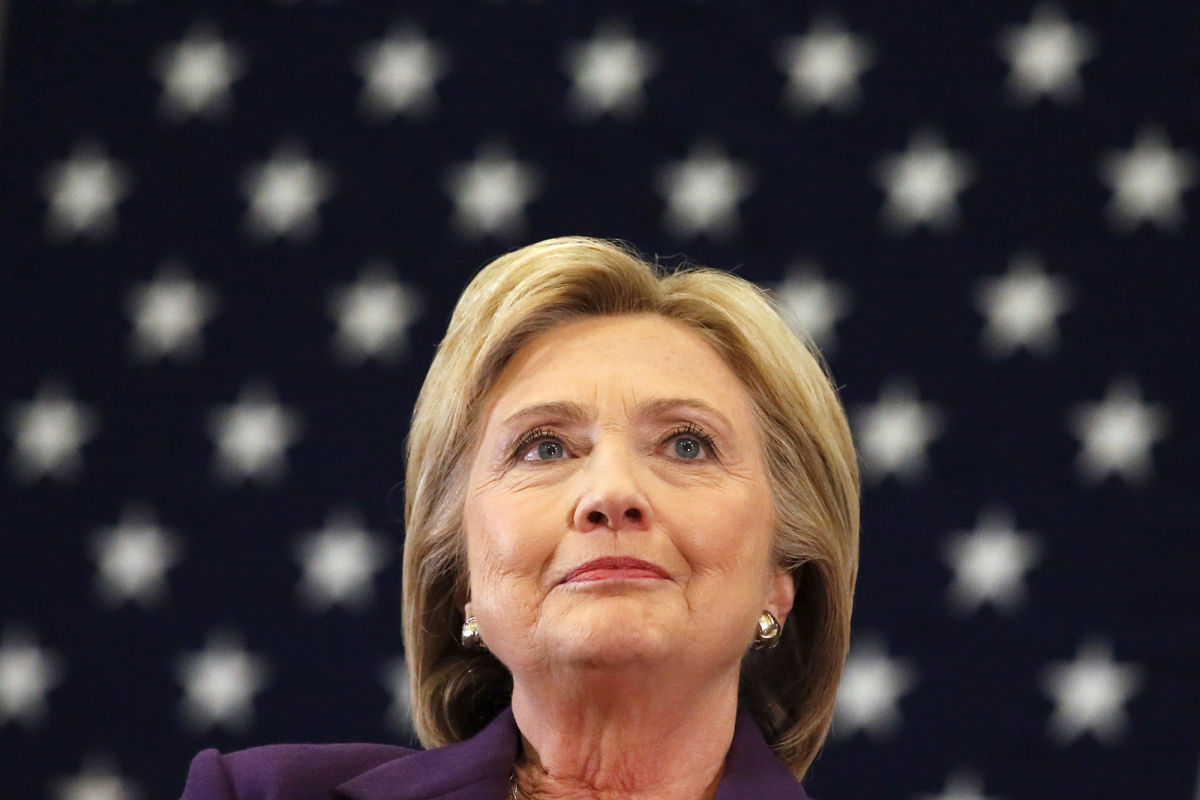
Back in February, my stance on voting for Hillary Clinton was like eating a Popeye’s biscuit without honey – it’s good enough, but it’s nowhere near ideal.
I’ll be the first to admit I wasn’t totally convinced she was the the proper candidate for the job despite all her political know-how. Then by the time summer hit, the#GirlIGuessImWithHer trend went viral, so I hopped on board because frankly, I understood that Donald Trump would do more radical damage to America than inspire its greatness, even if I wasn’t buying Clinton’s dominoes-playing, Nae Nae-dancing act.
Now, however, the indifference toward having her lead our country may be holding us back.
In recent debates, she has risen above Trump’s condescending behavior and proven she is of sound, intelligible mind to be POTUS. Wednesday night was no different. Even as Trump was insulting her as a “nasty woman,” Clinton stood her ground.
She has been, quite literally, the ‘adult in the room.’
Throughout her presidential campaign, she’s shown a commitment to discussing criminal justice reform, how this country can end racial profiling and unfair sentencing laws and policies. She strives toward debt-free college and plans to close the education achievement gap. She also wants to revitalize the economy by creating jobs, removing roadblocks to home ownership and curbing high rental costs. But the bottom line is that some black folks don’t trust that Clinton will make good on her promises to our community.
In 1996, yes, she called black youth “superpredators” while speaking in support of the 1994 Violent Crime Control and Law Enforcement Act, which greatly imprisoned African-Americans at a disproportionate rate. She has since apologized for her role and directly thrown her support behind the Black Lives Matter movement, even inviting the Mothers of the Movement to participate in the Democratic National Convention back in July. Hillary has shown considerable growth in regards to understanding the issues of the black community, but is it enough?
Read the entire story here.


